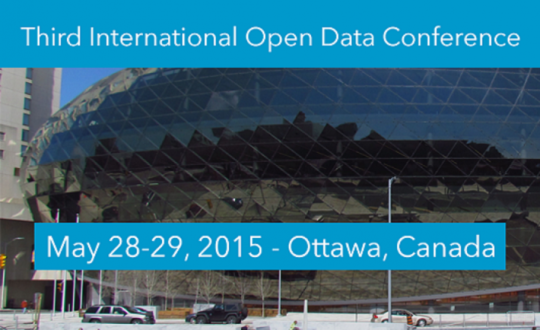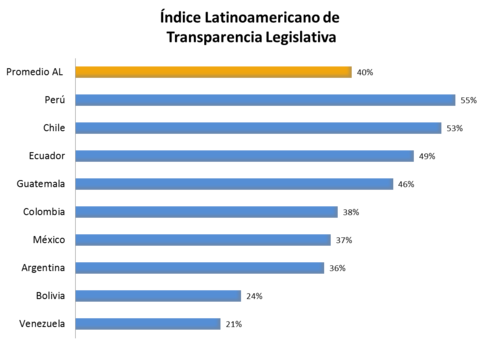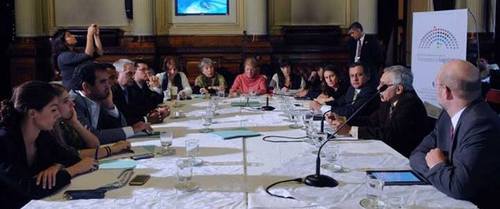News from the parliamentary monitoring community:
In Argentina, CIPPEC, with support of a public TV channel, organized a series of dialogues between young voters and five candidates running to become Mayor of Buenos Aires. To increase reach, each dialogue was broadcast using Google Hangouts and provided opportunities for interaction over social networks.
In Germany, Parliament Watch won a lawsuit calling on the parliament to disclose information on lobbyists who have registered with the Bundestag.
In Uganda, Parliament Watch released a report entitled “Assessment of the Accountability Committees of Parliament”. The assessment found that accountability committees struggle to review and respond to Auditor General reports in a timely manner, creating a large backlog of reports. The assessment concludes with a number of institutional, administrative, and political recommendations to help accountability committees deal with these challenges.
In Croatia, GONG and Code for Croatia launched a new website that allows citizens to request information from more than 6000 public authorities, including the Croatian Parliament.
In Norway, Holder de Ord launched Sagt i Salen (Said in the Parliament), a new feature that shows how many times a certain word has been used in parliamentary debate. This tool facilitates political speech analysis by showing how many times a word has been used in a given year, by a political party, or by an individual MP.
In Ghana, the Center for Democratic Development began to implement a project called “Building Transparency, Participation and Feedback around Local Government Budgeting and Planning Systems.” The project aims to promote change in “attitudes and behaviors of both the Assembly staff and the citizenry for improved transparency and accountability in the management of local revenue.”
In Georgia, Transparency International released a policy brief calling for the creation of a verification system that would review public officials’ asset declarations. Evidence gathered by TI suggests that a verification system would help ensure that public officials’ asset declarations are complete and accurate. TI also released and assessment of Georgia’s national integrity system.
In Tunisia, Al Bawsala issued a press release with recommendations for improving the draft right to information bill that is currently being considered by the parliament.


